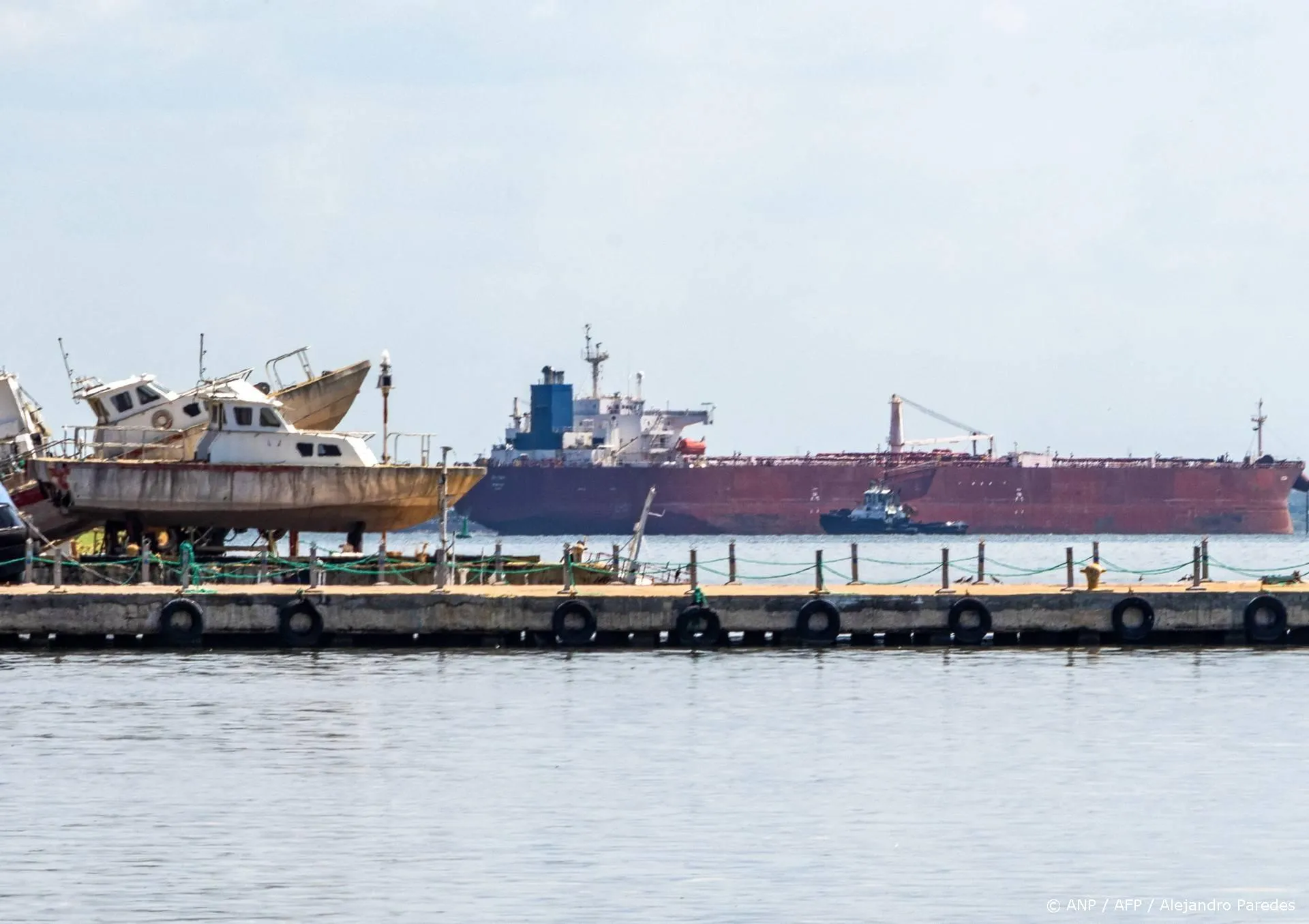Onbenul regeert
Waanzin op zee.
Een gevleugeld gezegde onder toekomstverkenners is dat de toekomst niet meer is wat ze is geweest. Onverwachte gebeurtenissen blijken steeds weer roet in het eten te gooien. Maar er zijn toch terreinen waarop de toekomst redelijk goed kan worden voorspeld. Dat geldt bijvoorbeeld voor het duurzame energiebeleid. Als we willen weten hoe dat er in de toekomst uitziet, hoeven we alleen maar naar het Duitsland en Engeland van nu te kijken. Over de Duitse Energiewende, waarvan de rampzalige gevolgen zich hoe langer hoe duidelijker manifesteren, heb ik al vaak gerapporteerd. (Zie bijvoorbeeld hier en hier.)
Onder de titel, 'Lunacy on sea: As Ministers agree to the world's biggest wind farm off Brighton, has Britain ever succumbed to a more catastrophic folly?', pakte Christopher Booker op de Mail Online weer eens breed uit over de waanzin van het Britse duurzaamheidsbeleid. Ik pik er een aantal citaten uit:
Today, we already have more than 5,000 giant turbines, with 25,000 smaller versions.
They are proliferating so fast that from Cornwall to Caithness, East Anglia to Cumbria, hundreds of local protest groups have sprung up to say enough is enough.
But the crucial objection to this obsession with wind farms is not just that they disfigure our beautiful countryside or kill shocking numbers of bird and bats. In purely practical terms, the real issue must surely be that they are so astonishingly useless at achieving what they are supposed to do. Put all those 5,000 giant turbines together and their combined output still averages less than that of our single largest coal-fired power station.
The obvious reason for this - though our politicians will never admit it - is that the wind is the most inefficient means of producing electricity ever devised, because it blows so variably and unpredictably. In fact, the whole case for wind farms is based on a central, endlessly repeated lie.
This is the way in which its propagandists invariably talk about them only in terms of their capacity, by which they mean the amount of electricity they could produce if the wind was blowing at optimal speed 24 hours a day. We are told about capacity all the time - by the wind industry, politicians such as Energy and Climate Change Secretary Ed Davey, the BBC and even the pages of Wikipedia.
But the truth is that, thanks to the winds unreliability, they will produce on average only between a quarter and a third of their capacity. Often, indeed, when we need electricity the most, on freezing, windless days in mid-winter, they produce virtually no electricity at all. Furthermore, far from providing us, as were told, with unlimited clean, green, free, planet-saving energy, wind farms are not just inefficient. They are also so ludicrously impractical that if we werent all forced to subsidise them to the tune of billions of pounds through our electricity bills, no one would ever dream of building them. ...
Booker geeft vervolgens wat cijfers over de schrikbarend hoge subsidies op kleinere windmolens. Maar die voor grotere windmolens zijn al even schokkend.
The sums for giant turbines are just as shocking. Earlier this month, Mr Davey gave the go-ahead to his latest monster project, to build the largest wind farm in the world just off the Sussex coast, right opposite Brighton. To see just how crazy this is in money terms, we can compare E.ons wind farm with our latest large gas-fired power station, opened two years ago by another German firm, RWE, at Pembroke in south Wales. Its capital cost was £1billion, half that of the wind farm. But, in return for that, the gas-fired plant can be relied on to generate nearly ten times as much electricity, 2000 megawatts, 24 hours of every day. For that constantly available supply of power, even taking into account the price of gas compared with wind power which is free, the cost is £50 per megawatt hour. While for the wildly unreliable supply we shall get from Mr Daveys monster wind farm, it is £155 per megawatt hour, more than three times as much.
This is the kind of mad mathematics I come across all the time when taking a hard look at the price we are increasingly having to pay for what I have called the great wind scam. Its this weird delusion that we can base more and more of our national electricity supply on subsidising ever more grotesquely expensive wind farms. .
Bovendien creëert een vergroting van het windaandeel in de elektriciteitsvoorziening instabiliteit in het net. Dat betekent dat de conventionele backup capaciteit dient te worden vergroot.
But all this creates yet another huge practical problem that Mr Davey does his best to keep from public view. This is the fact that the more wind farms those subsidies call into being, the more we must look to conventional power stations to provide back-up for whenever the wind speed varies.
At the moment, by far the cheapest source of electricity is coal, still providing more than a third of our power and costing six times less than what we get from Mr Daveys subsidised offshore wind farms. .
The more wind farms we build, the more we will need gas-fired power stations to provide that instantly available back-up, not just to keep our lights on but to keep our computer-dependent economy running at all. And guess who is going to have to pay to keep those gas-fired plants permanently and expensively running on stand-by for when they are needed, chucking out more of Mr Daveys hated CO2 than is saved by all his wind farms? We are, of course, through our electricity bills. We are looking here at the makings of a national catastrophe: one that will not just push our electricity bills through the roof, but could well lead to major power cuts and blackouts.
This will be the price we pay for a bout of collective insanity over renewable energy, for which it is hard to think of any historical parallel. It truly is time we woke up to the reality of where this crazed obsession with wind turbines is leading us.
Aldus Christopher Booker.
Lees verder hier.
Maar dat alles zou nog tot daar aan toe zijn indien dit monstrueuze project een besparing aan CO2-uitstoot en/of besparing van fossiele energie zou opleveren. Maar dat is niet het geval. De winst van 'gratis' windenergie wordt (nagenoeg) geheel teniet gedaan door efficiencyverliezen in de rest van het elektriciteitssysteem. Tel uit je winst!
Maar door de manipulatieve praktijken van een kongsi van deelbelangen, ideologie, getuigenispolitiek en onbenul is deze boodschap nog steeds niet doorgekomen.
O Nederland, let op uw saeck!
Voor mijn eerdere DDS-bijdragen zie hier.
Ga verder met lezen
Dit vind je misschien ook leuk
Laat mensen jouw mening weten
Lees ook
Loading


